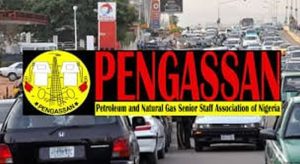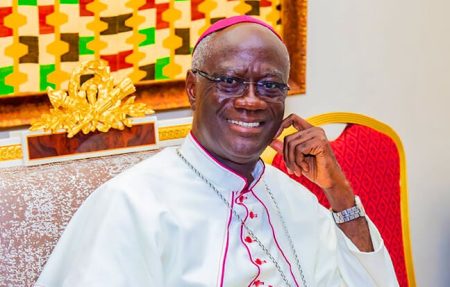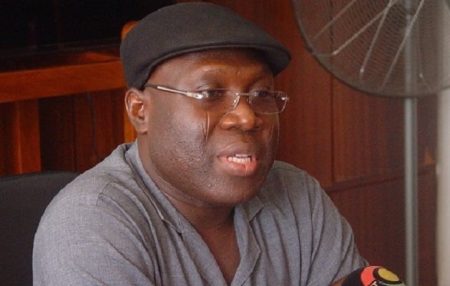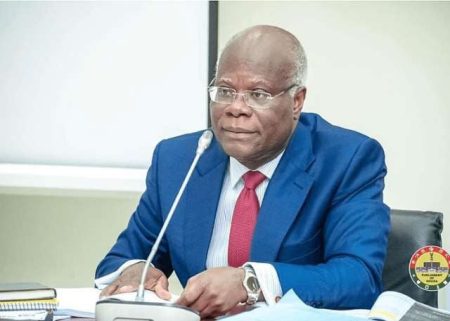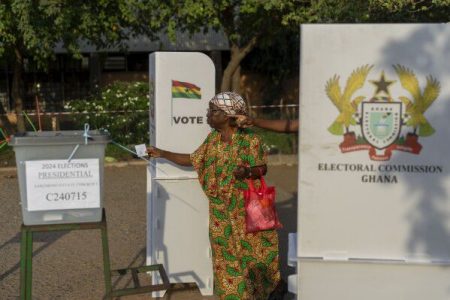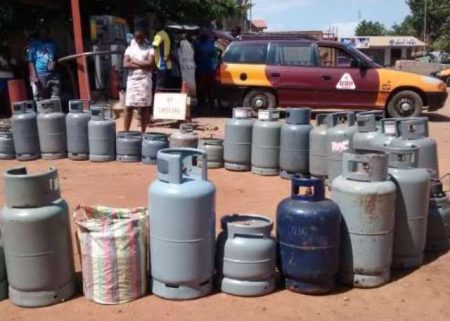The Tema Oil Refinery (TOR), a crucial component of Ghana’s energy infrastructure, is poised for a resurgence, with its Managing Director, Mr. Edmond Kombat, projecting a resumption of operations in October 2025. This announcement came during a comprehensive briefing presented to Parliament’s Energy Committee, which sought to gain insights into TOR’s 2025 work plan, operational challenges, and the progress achieved under the current management. The meeting underscored the Committee’s oversight responsibilities for agencies under the Ministry of Energy and Green Transition, led by Hon. Emmanuel Kwasi Bedzrah, Member of Parliament for Ho West. Mr. Kombat’s presentation detailed a multi-pronged approach towards revitalizing the refinery, encompassing infrastructural upgrades, financial restructuring, and strategic operational reforms.
Key to TOR’s revival strategy are several infrastructure projects slated for completion in 2025. These include the ongoing upgrades to the Gantry and Terminal, crucial components for efficient loading and unloading of petroleum products. These improvements are expected to enhance the refinery’s operational capacity and facilitate smoother logistics. Beyond these immediate upgrades, TOR is also committed to continuing projects initiated by the previous management, ensuring continuity and maximizing the value of prior investments. This commitment demonstrates a focus on long-term sustainability and responsible management of resources.
Crucially, TOR’s revival strategy extends beyond physical infrastructure, encompassing vital financial and operational reforms. Recognizing the weight of existing debt, the management is prioritizing debt restructuring as a cornerstone of its financial recovery plan. This involves exploring various mechanisms to alleviate the financial burden and create a more sustainable financial foundation for the refinery’s future operations. Alongside debt restructuring, financial reforms are being implemented to improve financial transparency, accountability, and overall fiscal health. Furthermore, recognizing the critical role of quality control, the refinery is investing in retooling its laboratory. This modernization will enable more accurate and efficient testing of petroleum products, ensuring compliance with industry standards and enhancing the quality of TOR’s output.
Mr. Kombat also appealed to the Parliamentary Energy Committee for support in addressing some of TOR’s major constraints. These include facilitating the restructuring of TOR’s debts through ESLA (Energy Sector Levy Act) receivables, a mechanism through which the government could offset some of the refinery’s debt. Another proposal involves converting government debts into equity, effectively transforming the government’s creditor position into an ownership stake, which could provide a much-needed capital injection. Reinstatement of TOR’s share of the ESLA levy was also requested, arguing that this revenue stream would be instrumental in funding the refinery’s operations and future development. Finally, Mr. Kombat advocated for allowing TOR to participate in the primary distribution margin, arguing that this would provide a stable revenue stream and enhance the refinery’s competitiveness.
Furthermore, Mr. Kombat urged Parliament to advocate for TOR’s representation on the Laycan Committee, a body responsible for petroleum vessel allocations. This representation, he argued, would provide TOR with a more direct voice in decisions affecting the supply and distribution of petroleum products, allowing for better planning and coordination within the sector. This request reflects a broader desire for greater integration within the petroleum industry and a recognition of TOR’s strategic importance to Ghana’s energy security. By having a seat at the table, TOR could contribute its expertise and ensure its operational needs are considered in broader industry planning.
In essence, TOR’s roadmap to recovery involves a multi-faceted approach, combining infrastructure upgrades, financial restructuring, and strategic operational reforms. The management’s engagement with Parliament’s Energy Committee underscores the importance of collaboration and government support in overcoming existing challenges and ensuring the refinery’s long-term sustainability. The success of this revival strategy hinges on the implementation of these key initiatives and the continued support of stakeholders, ultimately paving the way for TOR to reclaim its vital role in Ghana’s energy sector. The projected resumption of operations in October 2025 signifies a renewed hope for the refinery and its contribution to the nation’s energy independence and economic growth.


